Walk-in Bioinformatics Clinics
Consulting and hands-on help with questions relating to performing bioinformatics tasks
Tuesdays, 1-2pm in Room LC504 at 1300 York Avenue, NYC
Currently held in person and online (via Zoom). Please email abc@med.cornell.edu for details.









